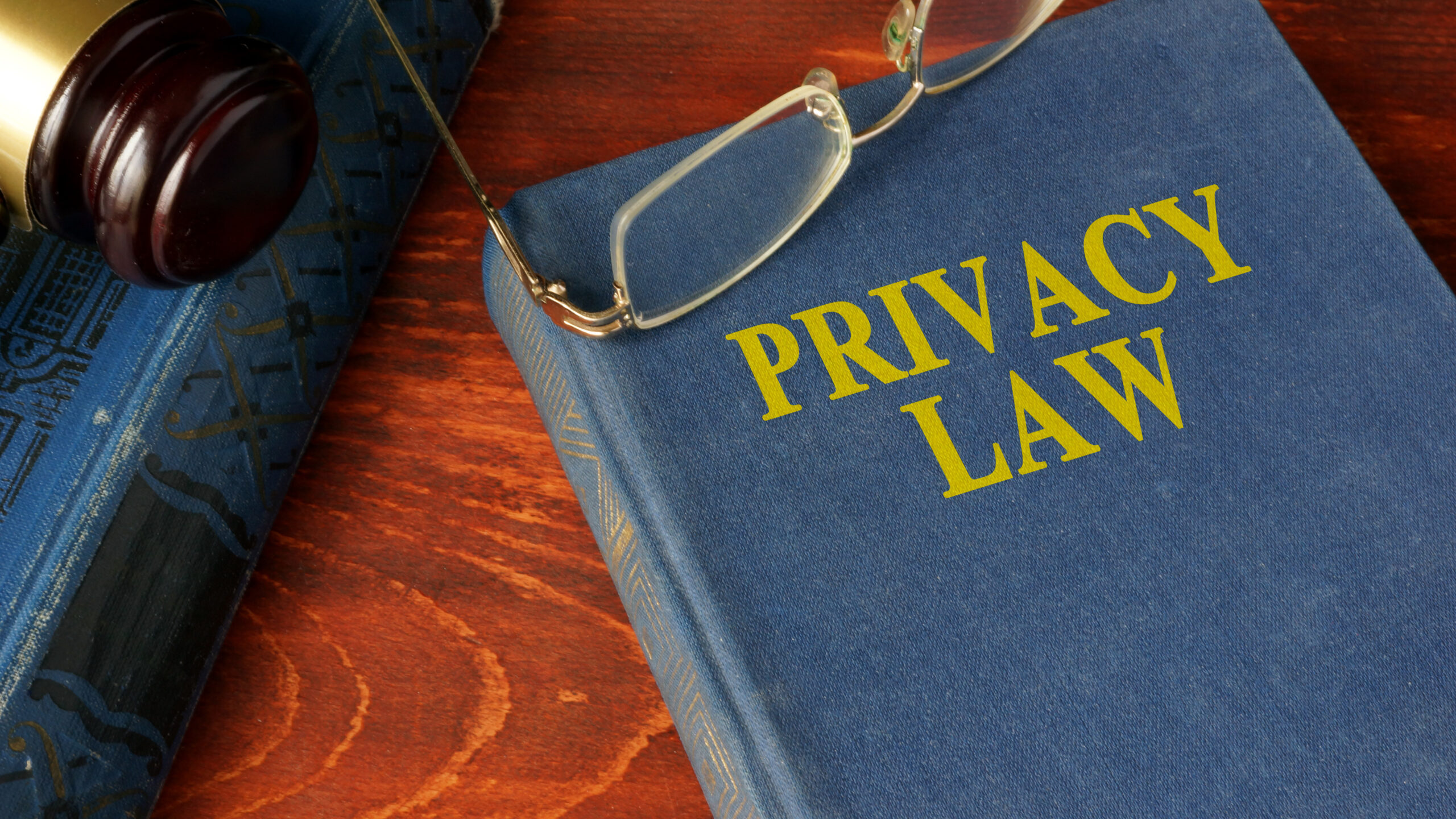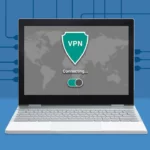
Many people are unaware that personal data’s legal protection differs significantly from nation to nation.
In Europe, the General Data Protection Regulation (GDPR) applies. The GDPR establishes individuals’ rights concerning their data, including access, rectification, deletion, restriction of processing, and data portability.
There is no federal data privacy law in the United States. However, several sector-specific laws provide some protections for certain sorts of personal data, such as health information and financial information.
In Canada, personal information is safeguarded by the Personal Information Protection and Electronic Documents Act (PIPEDA). This legislation establishes the ground rules for businesses’ gathering, using, and disclosing personal information during commercial activities.
As you can see, there are significant differences between the privacy laws of different countries worldwide. These differences can substantially impact businesses that operate internationally, as they need to be aware of the laws in each country in which they operate.
Choosing the Best Country for a VPN
The best VPNs are generally concentrated in countries like Panama, Switzerland, Iceland, Romania, and the British Virgin Islands. These nations have strong privacy regulations that protect users’ information and prevent businesses from tracking it.
The Five-, Nine-, and 14-Eyes alliances are countries that share information about their citizens. Here is a comprehensive list of members for each alliance.
Five-Eyes: The Five Eyes Alliance is a group of countries that have agreed to share intelligence to combat international criminal and terrorist organizations. The member states are Australia, Canada, New Zealand, the United States, and the United Kingdom.
Nine-Eyes: The Nine-Eyes Alliance includes France, Denmark, Norway, the Netherlands, and countries within the Five-Eyes alliance.
14-Eyes: The 14-Eyes Alliance is a gathering of countries that includes Belgium, Germany, Sweden, Spain, and Italy. It also encompasses members of the Nine-Eyes alliance.
Privacy Law in Panama
The Law on the Protection of Personal Data (LPDP) was approved by Panama’s National Assembly on July 11, 2019, and took effect as of September 1. LPDP now regulating the processing of personal data in place of Law No. 41 from February 5, 1999.
The LPDP is for all companies that process people’s data, regardless of location. Processing personal data includes any actions done to the data, like collecting, storing, using, erasing, or destroying it.
Privacy Law in Switzerland
On May 25, 2018, a new privacy law was enacted in Switzerland. The regulation demands that companies receive explicit agreement from individuals before gathering, using, or exchanging their personal information. Those businesses that don’t follow the law could face penalties of up to CHF 500,000 (around the US $503,000).
Any business that processes the personal data of Swiss citizens, whether based in Switzerland or not, is subject to this law. Such companies must appoint a Data Protection Officer (DPO) to ensure compliance with said law.
The definition of personal data is broad and includes everything from names to addresses, emails, phone numbers, birth dates, genders, credit card information, and IP addresses.
Privacy Law in Iceland
Iceland’s recent update to its privacy laws now protects the personal data of its citizens more effectively. The new law, which took place on January 1, 2020, requires businesses to take measures to collect and process personal data carefully and without bias. They must also allow individuals the right to see their data and have it all erased if they no longer want it to be processed.
The legislation applies to all companies in Iceland, regardless of size or industry. Businesses engaged in data processing for journalistic, artistic, or research purposes are exempt from the law.
Conclusion
When considering your privacy, you must consider a broader scope. To begin with, you must know where your VPN provider is located. For example, a company based in the United States might be required to maintain records of its customers and their activities.
Your web traffic’s safety begins with choosing a secure VPN with an ideal location. The second step is connecting to a country with data protection laws. Taking these two steps will make your entire route safe from outside parties.





